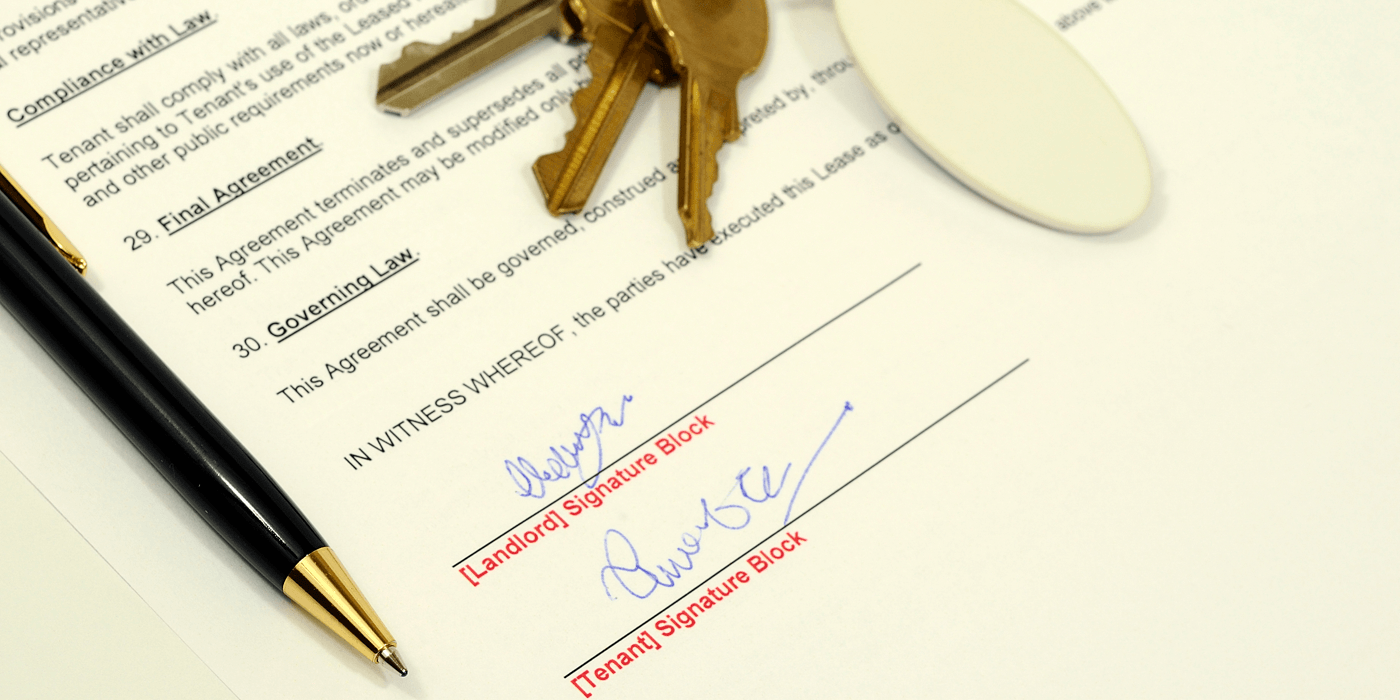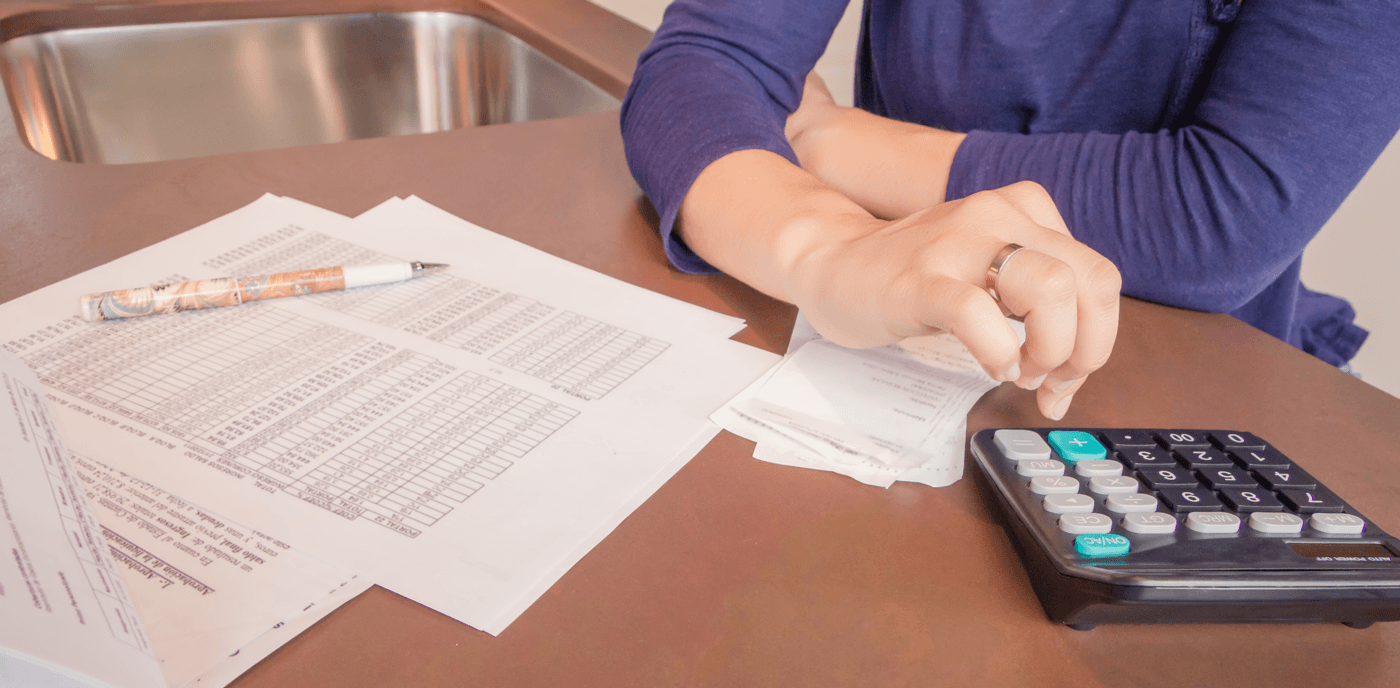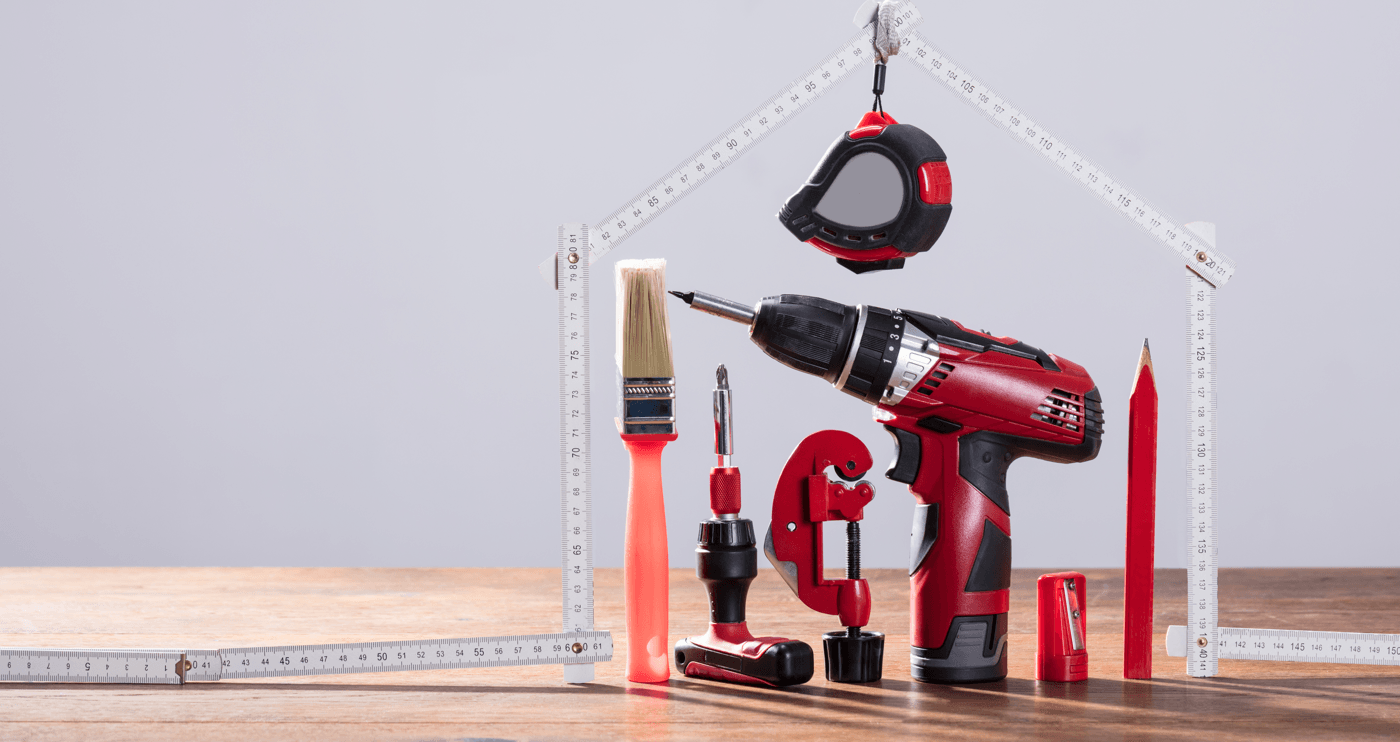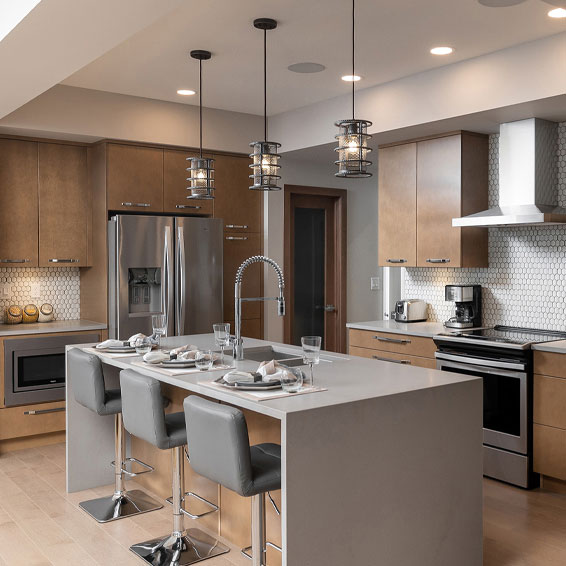
.
Worried about being able to afford the home you want? Wish you could pay off your mortgage a lot faster?
Many people in Winnipeg are deciding to incorporate rental suites in their new homes as a way to make a bit of extra money. That extra income can then be used to lighten the burden of the monthly mortgage payment or to make extra payments toward the principal balance. When you include this suite in the basement of your home, it doesn’t add a lot to your overall costs, but it does add to the overall value.
Of course, having a rental suite means that you’re becoming a landlord, and that can have its own challenges. Are you ready to be a landlord? Here, we detail some of the responsibilities you’ll have to be willing to take on.

The Tenancy Agreement
Most importantly, you need to make the arrangement with your tenant legal through a tenancy agreement. At a bare minimum, this should include things like the length of the agreement (usually one year, but you could do a month-to-month lease), the amount of the rental payment and the monthly date that it’s due, the specifics of what’s included in the rent (e.g. snow removal and/or utility costs), and the names of the people who are allowed to live in the unit. Additionally, you might include some additional rules, such as forbidding pets, setting “quiet hours”, and limiting the length of a guest’s stay.
Following Building Regulations
There are local regulations on secondary suites and what they should look like, including what types of safety features must be in place. For instance, the ceiling must be a certain height, you have to install smoke and carbon monoxide detectors, and you need separate utility meters if you require the tenant to pay their own utilities. The tenant should also be able to control the temperature in their unit to suit their needs.
The rules can be fairly complex, but when you’re hiring a builder to include this in the build of your home, you don’t have to worry as much. They know what’s expected and will follow the rules so that your unit will pass inspection.

Collecting Rent and Paying the Mortgage
Unless you hire a company to manage your finances, you’ll be responsible for collecting rent from your tenant. Most tenants will simply send a cheque on time. However, if you have someone who makes late payments or writes cheques that bounce due to insufficient funds, you’ll have to handle that. You might need to make phone calls or visits to get your money. In extreme cases, you may need to evict the tenant.
Additionally, it’s important to remember that, as the owner, you’re responsible for paying your mortgage on time, whether your tenant pays you or not. You shouldn’t take on a mortgage that’s so high you can’t pay it on your own because you never know what might happen.

Doing Maintenance and Repairs
It’s the landlord’s responsibility to make all repairs in a timely fashion. Problems with heating and plumbing should be addressed immediately. Issues that you might let slide in your own home may require immediate attention for a tenant. Often, you’re a bit “safer” when you’re renting out a brand-new space because things aren’t likely to break down.
Allowing Tenant Reasonable Use of the Property
Often, rental units are connected to the home you’re living in. This means that you will likely be sharing spaces like the driveway and backyard with your tenant. You can set rules about things like smoking or playing loud music, but it’s unreasonable to, say, forbid the tenant from using the backyard. This is why it’s important to thoroughly vet your tenants.
Plan For the Unexpected
Before getting too excited about how nice it will be to have that extra income from rent, think about the long-term success of your rental suite.
It’s smart to have a large emergency fund saved up before you get your first tenant. This will help you pay for repairs that may come up or cover a shortfall if a tenant leaves earlier than expected or is late paying. Lease agreements can protect you from this but it may be easier to find a new tenant right away so you can keep your additional income flowing.
Being a landlord isn’t for everyone, but we’re definitely seeing an increase in the number of people who are interested in the benefits. If you’d like to know more about what this might mean for you, please talk to one of our New Home Sales Consultants.



